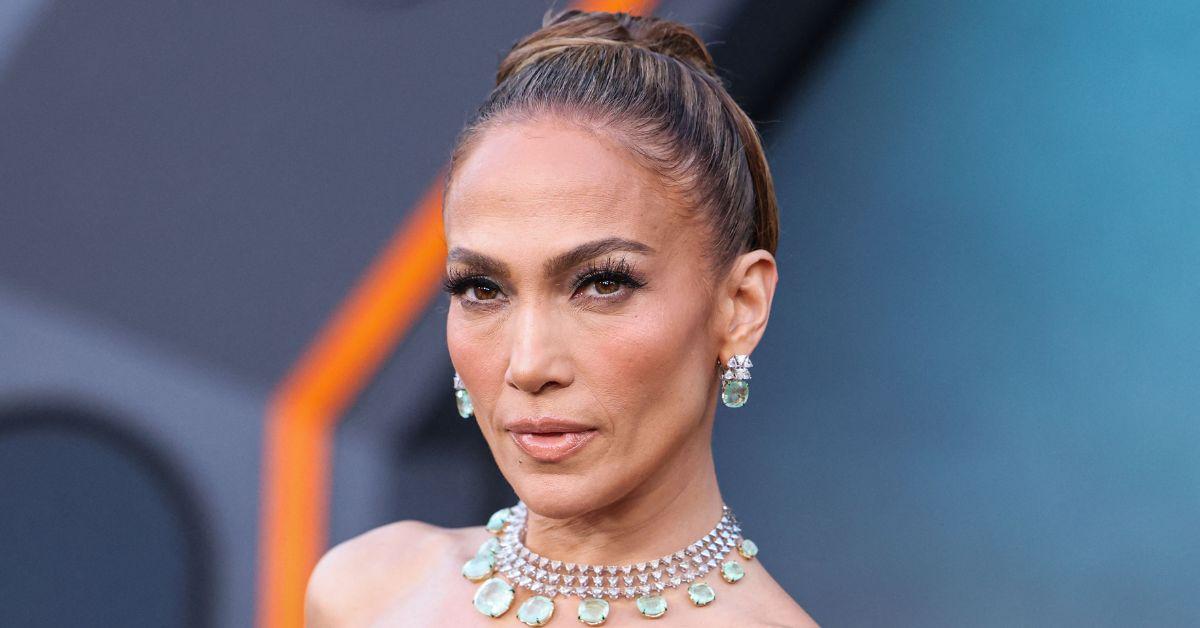In recent months, a whirlwind of sensational allegations has emerged regarding Doria Ragland, the mother of Meghan Markle.
These claims, which suggest a past steeped in drug dealing, have raised eyebrows and sparked discussions, but they lack credible evidence.
Today, we delve into the origins of these rumors and examine why they’ve gained such traction despite being unverified.
Doria Ragland, a yoga instructor and social worker, has largely maintained a low profile throughout her life.
She raised Meghan as a single mother in Los Angeles, and their close relationship has been well-documented, particularly since Meghan’s romance with Prince Harry began in 2017.
Doria even attended their wedding in 2018, further solidifying her role in Meghan’s life.
Yet, since Meghan stepped into the royal spotlight, Doria has become a target for unfounded speculation.
The most persistent of these rumors is the claim that Doria once dealt drugs, allegedly even supplying substances to her own daughter and Harry.
But where did this dubious narrative originate?
Tracing the roots of such sensational gossip can be tricky, but it appears that the rumors first surfaced in early 2019 on obscure gossip forums, coinciding with increasing scrutiny of Meghan and Harry’s relationship by British tabloids.
As the media frenzy grew, so did the whispers about Doria’s supposed shady past.
During this period, British tabloids began painting Meghan in a negative light, often branding her as difficult or demanding.
It was against this backdrop that the first mentions of Doria’s alleged drug-dealing surfaced, lacking any credible sources or evidence to back them up.
Social media platforms, particularly Twitter, became fertile ground for these claims.
Anonymous users began spinning elaborate tales, suggesting that Doria had been a pot dealer in Los Angeles during the late 20th century, supposedly introducing a teenage Meghan to marijuana.
As the gossip spread, it morphed into a narrative that claimed Doria continued to supply drugs to Meghan and Harry even after their marriage.
Despite the gravity of these allegations, there is no substantiated evidence linking Doria to drug dealing or any criminal activity.
Her professional background includes respectable roles as a makeup artist and later as a yoga instructor and mental health worker.
Public records reveal no arrests or convictions related to drug offenses, and friends and family members have categorically dismissed these rumors as fabrications.
So how did such baseless claims gain a foothold in public discourse?
Several factors may contribute to this phenomenon.
First, the British tabloids have often been accused of targeting Meghan due to her biracial heritage and Hollywood background, perpetuating narratives that paint her and her family in a negative light.
Rumors of drug dealing fit neatly into this agenda.
Additionally, the clickbait culture prevalent in online media plays a significant role.
Sensational stories generate more traffic and engagement than mundane facts.
In this environment, the truth often takes a backseat to the allure of scandalous headlines, leading to the proliferation of unfounded conspiracy theories.
Racism also lurks beneath the surface of these rumors.
The stereotype of a single mother as a criminal can invoke harmful biases, particularly against marginalized communities.
For those already predisposed to view Meghan negatively, these allegations may serve to reinforce their preconceived notions.
Confirmation bias further complicates the situation.
Once a rumor takes hold, individuals often ignore contradictory evidence while clinging to anything that supports their beliefs.
This selective perception allows unfounded claims to flourish, regardless of their veracity.
Despite the lack of credible evidence, the narrative surrounding Doria Ragland continues to circulate.
Even after more than a year, conspiracy theory channels and dubious blogs keep the drug dealer story alive, raising important questions about our responsibility in verifying facts before sharing potentially damaging information.
How often do we amplify unproven rumors, even when our intent is to debunk them?
In an age where provocative headlines reign supreme, it becomes crucial to support independent media committed to fact-based reporting.
We must also be aware of our biases and how they might shape the narratives we engage with.
The persistence of these rumors serves as a cautionary tale about the dangers of unchecked speculation and the impact it can have on individuals’ lives.
As society grapples with issues of representation and bias, it’s vital to approach discussions about public figures with sensitivity and care.
Ultimately, while the allure of sensational stories may capture our attention, we must prioritize truth and accountability over gossip and conjecture.
The story of Doria Ragland reminds us all of the importance of responsible digital citizenship in an era rife with misinformation.










